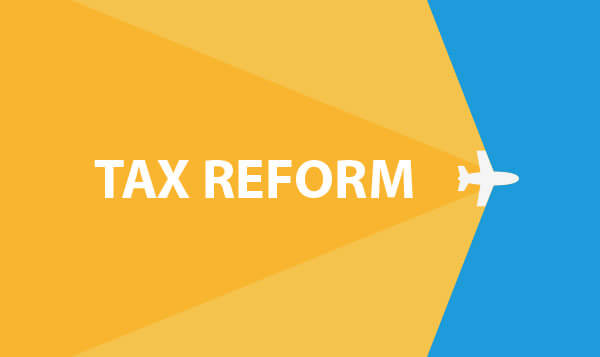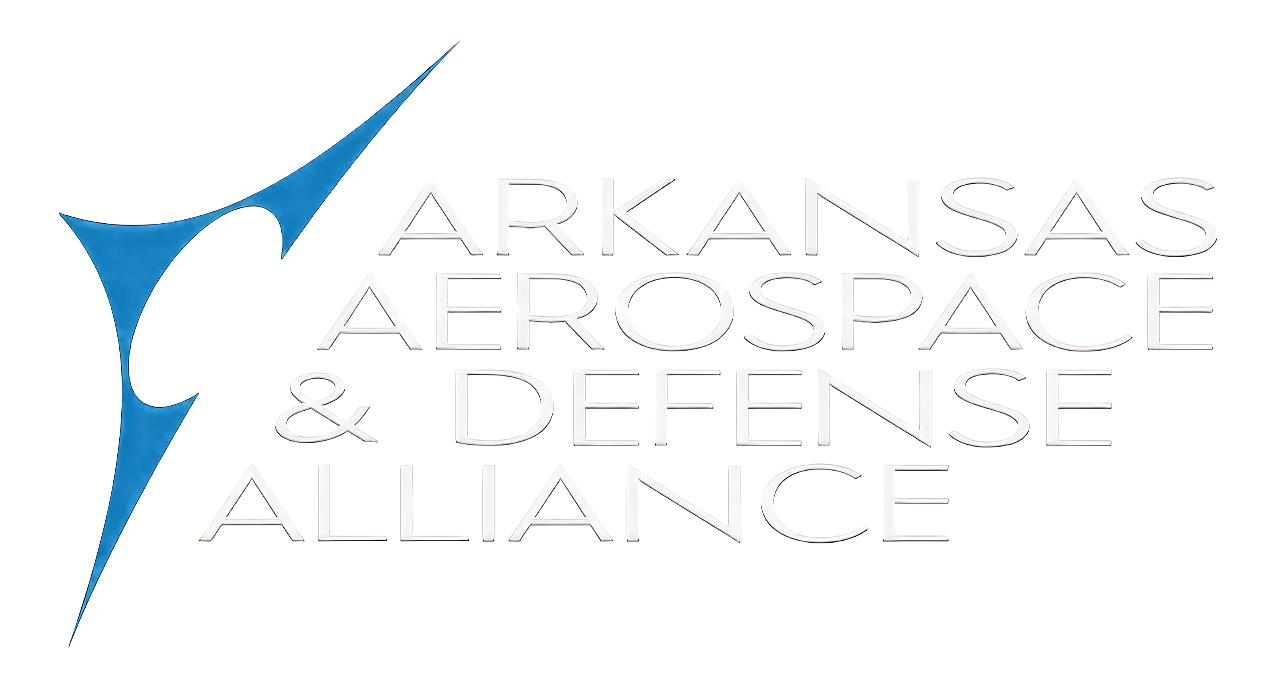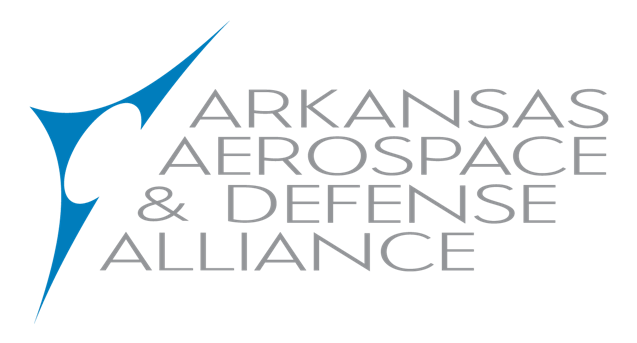Tax Reform in Arkansas Could Benefit Aerospace and Defense Companies
Thursday, 13 July 2017 07:44 Arkansas aerospace and defense companies could see a more friendly business climate in the coming years. Thanks to the passage of Acts 78 and 79 during the last General Assembly, a bipartisan Tax Reform Committee was formed to consider changes to the Arkansas tax code. Governor Asa Hutchinson set the parameters for the tax reform committee in January of this year, and the overall scope of the committee’s work is to review and make recommendations regarding Arkansas’ tax policies with the goal of reforming and simplifying the state tax code by the 2019 regular session.
Arkansas aerospace and defense companies could see a more friendly business climate in the coming years. Thanks to the passage of Acts 78 and 79 during the last General Assembly, a bipartisan Tax Reform Committee was formed to consider changes to the Arkansas tax code. Governor Asa Hutchinson set the parameters for the tax reform committee in January of this year, and the overall scope of the committee’s work is to review and make recommendations regarding Arkansas’ tax policies with the goal of reforming and simplifying the state tax code by the 2019 regular session.
In addition to considering further reductions to income tax rates, the committee will also examine exemptions currently in place and make recommendations on which to keep and which to remove.
In the Arkansas Aerospace Industry, hopes are high that this will be a continuation of tax reform measures that will allow Arkansas to be competitive regionally and nationally, and better positioned to attract new business to Arkansas. Carl Finch of AirResource Group notes that his company has seen firsthand the positive effects of being able to compete on a level playing field. “Tax measures passed over the last several legislative sessions will likely allow us (AirResource Group) to double the size of our company over the next 12 to 18 months,” Said Finch.
However, there is still more that can be done through tax reform to aid the Aerospace and Defense Industry. Keith Rose of Rose Aircraft Services explains that “Arkansas Aviation Companies who work on general aviation aircraft are at a competitive disadvantage to similar companies in surrounding states who exempt aircraft servicing labor or material or both from sales tax. This makes the cost of doing business in Arkansas as much as 8.5% higher than in Oklahoma, Missouri, Kansas, Tennessee, Texas or Louisiana.” Incidentally, these same states also provide the greatest number of Aircraft Maintenance and Refurbishing Companies in the USA.”
Rose goes on to suggest that while the current exemption on aircraft weighing 12,500 lbs. or more is significant in attracting operators of these larger aircraft, lowering the exemption further would enable general aviation service providers in Arkansas to better compete with neighboring states. Because there are ten times more general aviation aircraft in the skies than the larger corporate aircraft, this change to the exemption would greatly benefit the smaller facilities all over the state that are not accessible to the larger aircraft currently covered by the exemption.
The AADA will continue to work to reduce the tax burden on the aerospace and defense industries in Arkansas. As Rose Aircraft Services can attest to, these efforts yield tangible benefits to AADA members and beyond to the Arkansas economy, communities, and families. In the words of Keith Rose himself, “Imagine what an increase in good paying aviation jobs in rural Arkansas could do for our economy? High paid, skilled workers buying homes, cars and products in our smaller communities would be a significant boon to Arkansas Tax Revenue.”


